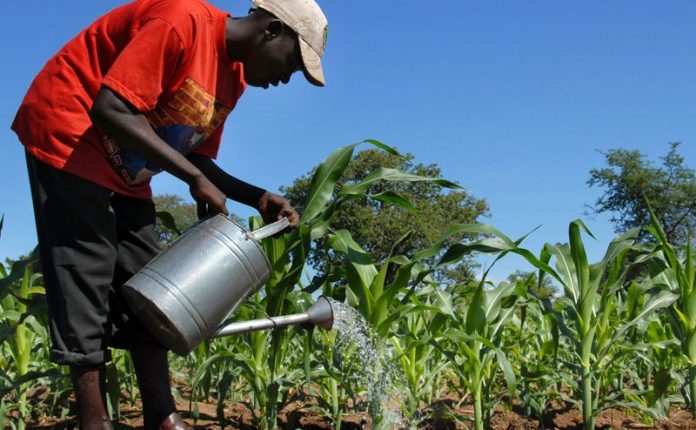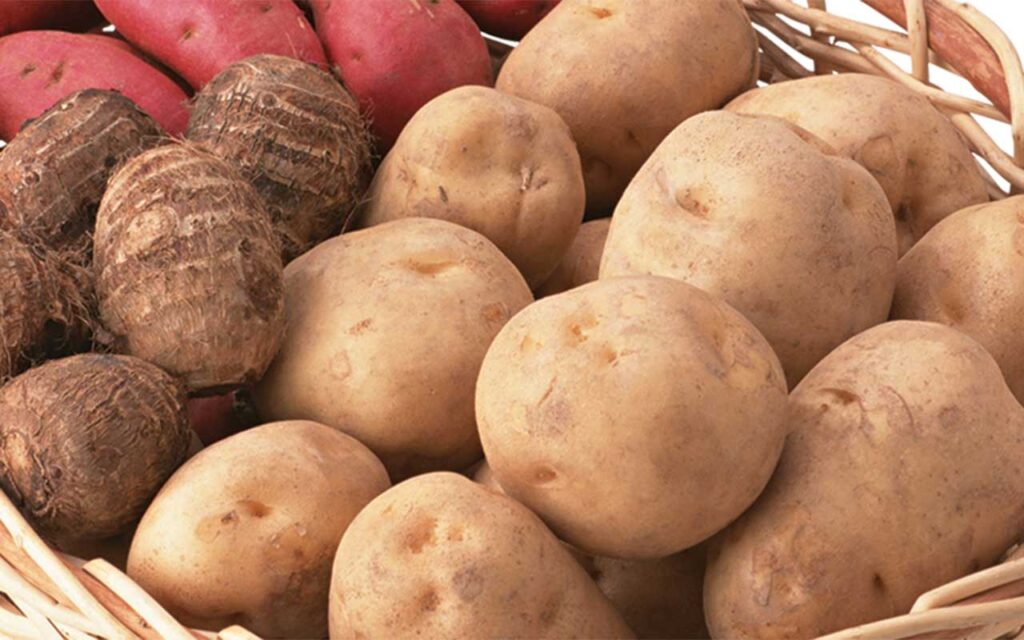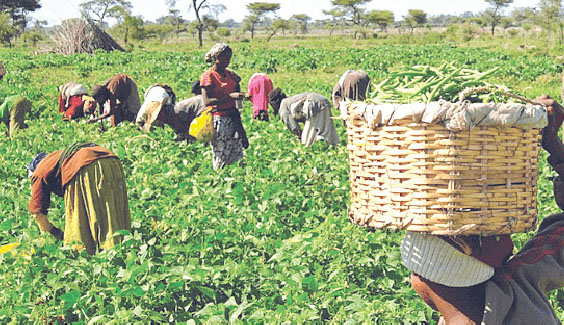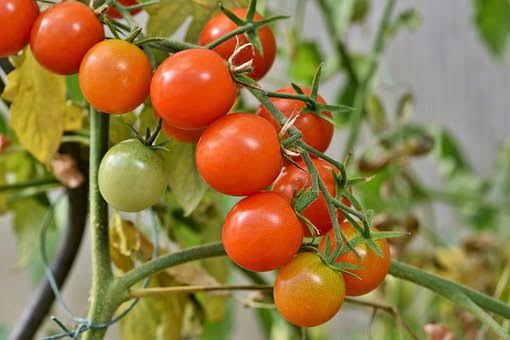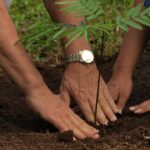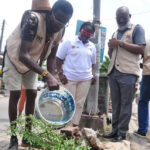
Ibeneche made the call at the demonstration of Breadfruit (Ukwa) dehusking machine manufactured by Faculty of Engineering, Imo State University, IMSU, Owerri, held at the school auditorium.
Speaking on a paper titled, “Enhancing Environmental Sustainability and Food Security in the Humid Tropics,” Ibeneche stressed that trees planting also help in viable food production, and climate sustainability, as well as enhances economic growth.
According to him, “Rainfalls or heavy downpours normally generate forceful floods, which denude the surface soils, often creating the devastating gully erosion in the South East region. The heavy downpours also leach the nutrients from the soil leaving behind friable sandy soils, which are poor in organic matter.”
As a result of this denudation and associated leaching of soil nutrients, Ibeneche said, “Agriculture based on shallow-rooted plants quickly become unproductive after a few years of cultivation on the same location.”
He said, “trees have the potential to mitigate challenges of the humid tropics. Trees normally have deep taproots and often also have extensive lateral roots. The lateral roots help stabilise the soil around the trees reducing the erosive impact of tropical storms.
“Also, trees help to reduce the release of captured Carbon Dioxide stored in soils, help to recover leached soil nutrients, and also reduce the denudation of the landscape in the Humid Tropics.
“This means that the use of tree crops for food production will enhance environmental and climate sustainability, and if the food production is local, they will contribute to food security of the region. It is also logical to assume that these benefits will be amplified in direct proportion to the increase of the use of trees for food production.”

